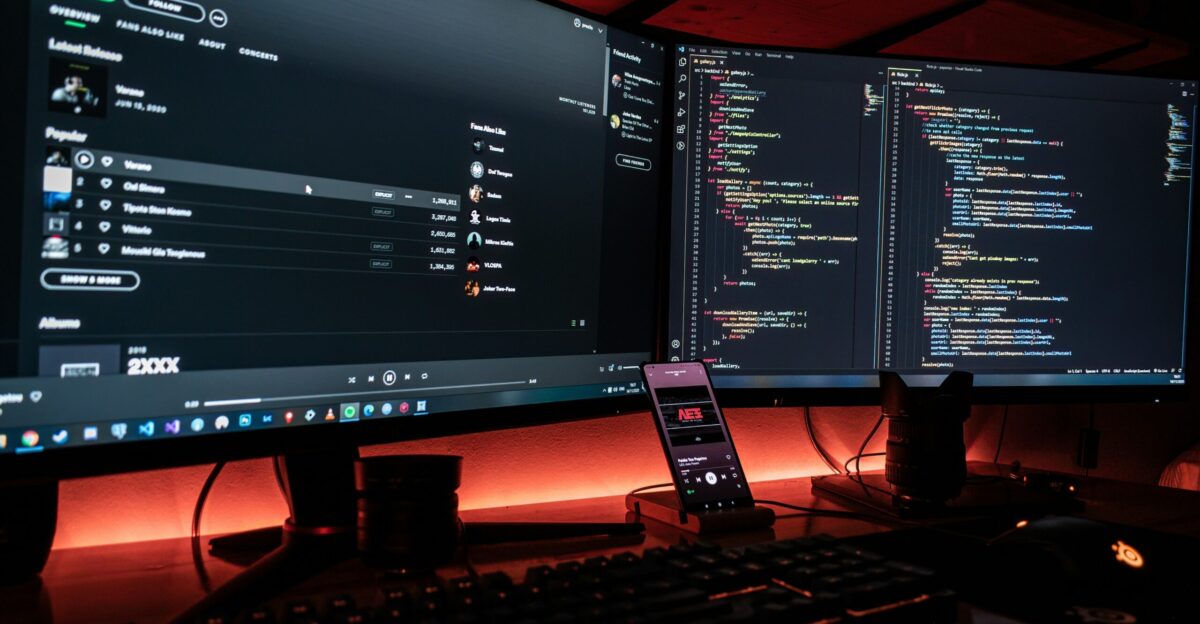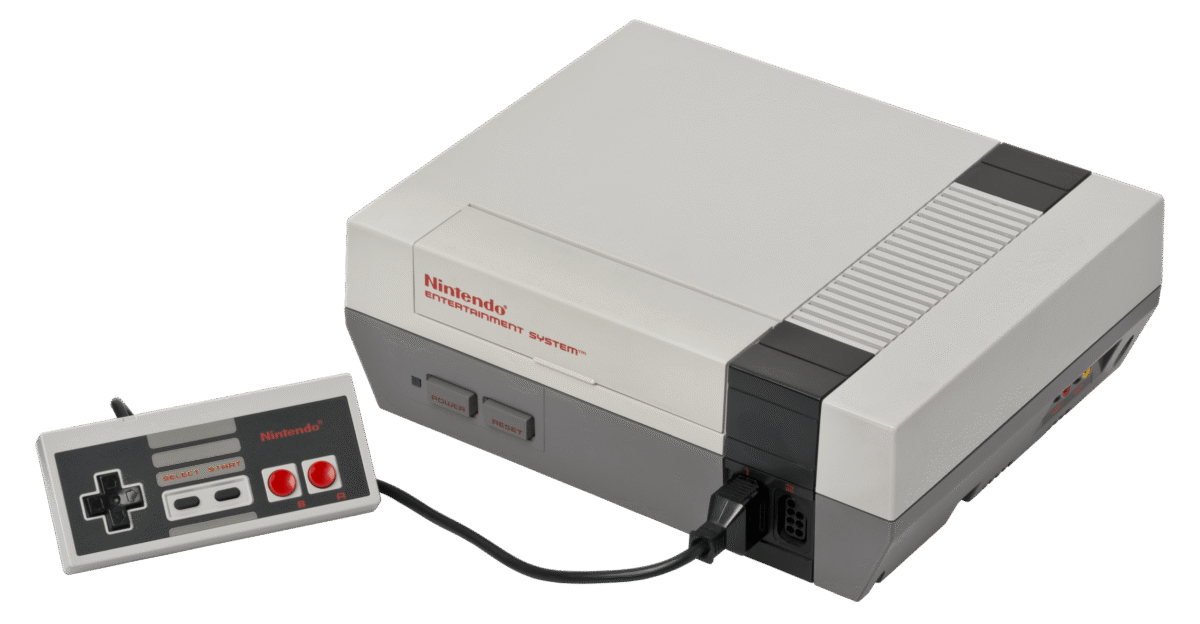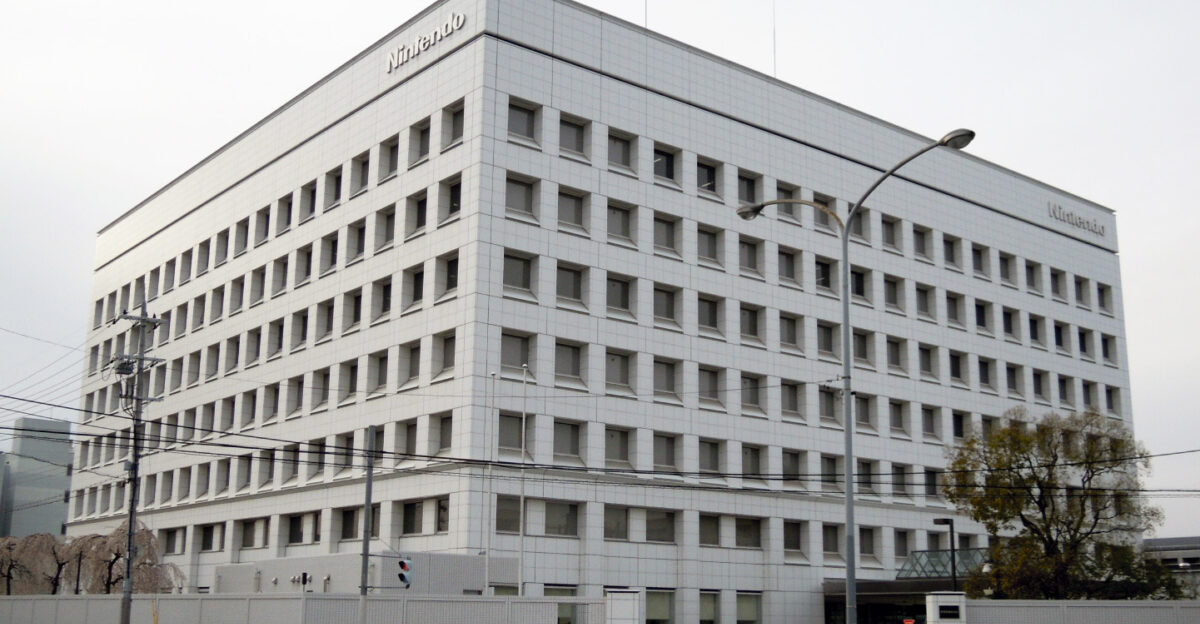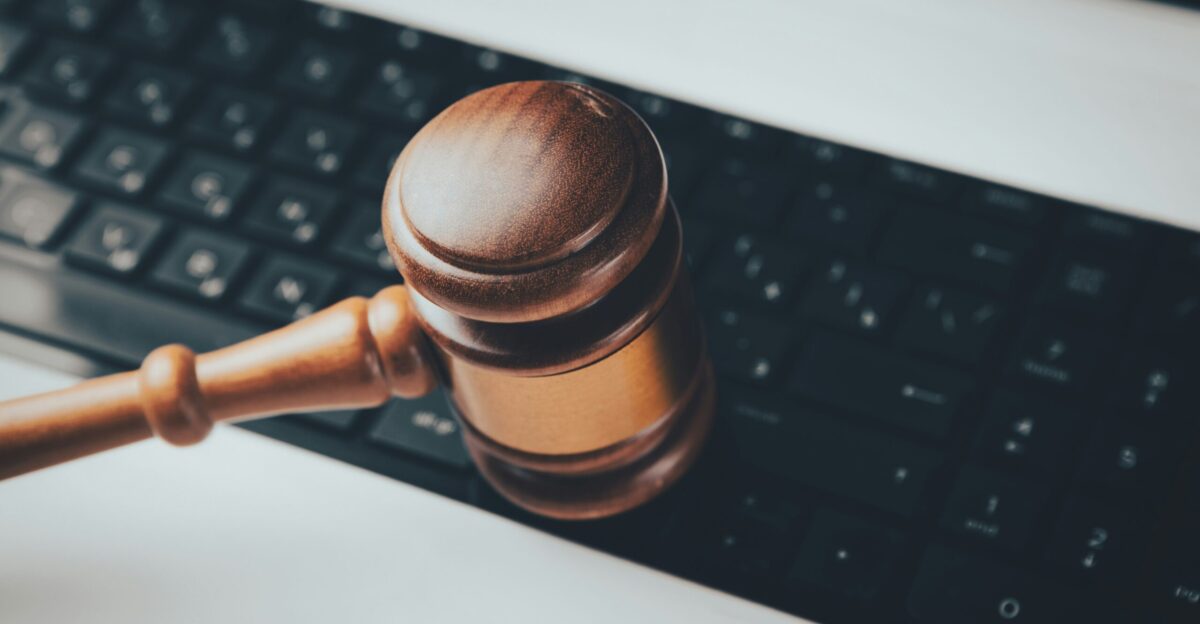
A Colorado federal court has handed down a landmark ruling against a streamer who openly defied Nintendo’s copyright enforcement efforts, awarding the gaming giant $17,500 in damages and establishing significant legal precedent for combating digital piracy. The case marks a pivotal moment in Nintendo’s broader campaign to enforce its intellectual property rights against streamers, emulator developers, and ROM distributors.
Streamer’s Defiance Meets Legal Consequence

Jesse Keighin, known online as “EveryGameGuru,” repeatedly livestreamed pirated versions of Nintendo games before their official release, conducting over 50 unauthorized streams since 2022. Among the titles he streamed were Mario & Luigi: Brothership and The Legend of Zelda: Echoes of Wisdom, both leaked and broadcast before their launch dates.
Despite Nintendo’s repeated enforcement efforts—including multiple takedown notices on platforms like YouTube, Twitch, and Kick—Keighin continued his activities with escalating defiance. In October 2024, after his channels faced removal due to copyright strikes, Keighin sent Nintendo a letter boasting that he had “a thousand burner channels” to stream from and could continue “all day.” He provided his audience with direct links to emulators like Yuzu and Ryujinx, as well as cryptographic keys needed to decrypt Nintendo’s games, actively encouraging others to bypass Nintendo’s technological protections.
When Nintendo filed suit in November 2024, Keighin ignored court proceedings entirely. By failing to respond to the complaint by the deadline, a default judgment was entered against him on March 26, 2025. On October 29, 2025, U.S. District Judge Gordon P. Gallagher formalized the ruling, finding Keighin liable for copyright infringement and trafficking in circumvention devices.
A Historic Judgment

Judge Gallagher’s ruling awarded Nintendo $17,500 in damages—$10,000 for streaming Paper Mario: The Thousand-Year Door and $7,500 for additional violations related to circumvention of Nintendo’s anti-piracy security measures. Notably, Nintendo’s motion indicated the company could have sought substantially more; by defaulting and failing to contest the claims, Keighin technically conceded liability for all ten games Nintendo had listed in its complaint, potentially opening the door to damages of at least $100,000 ($10,000 per game).
The court also granted Nintendo a permanent injunction against Keighin, prohibiting him from infringing Nintendo’s copyrighted works through streaming, trafficking in Nintendo Switch emulators or circumvention devices, and distributing cryptographic keys or software designed to circumvent Nintendo’s technological protective measures. Violations of the injunction could result in contempt of court charges, additional fines, and possible jail time.
However, the court did not grant all of Nintendo’s requests. Magistrate Judge Scott T. Varholak, who reviewed Nintendo’s preliminary motion, acknowledged that the emulators and decryption tools Keighin shared are widely available online and were not created by him. The court rejected Nintendo’s request that Keighin “destroy all circumvention devices,” finding the demand “unclear” and “unreasonable” given that such software exists in the public domain. Nintendo’s attempt to extend the injunction to unnamed “third parties” was also denied due to lack of specificity regarding which parties should be bound by the order.
By focusing the injunction on Keighin’s specific infringing conduct—streaming copyrighted content and trafficking in circumvention tools—rather than attempting to erase public tools or extend restrictions broadly, the court balanced Nintendo’s enforcement interests with practical legal realities. Legal experts note this approach reflects a strategic shift: rather than targeting the availability of emulation software itself, enforcement now focuses on holding individual users accountable for copyright infringement and circumvention trafficking.
Nintendo’s Broader Legal Campaign

The Keighin case is part of Nintendo’s aggressive multi-front legal strategy against digital piracy. In March 2024, Nintendo successfully forced the shutdown of the Yuzu emulator through litigation. Tropic Haze, the developer behind Yuzu, settled with Nintendo by agreeing to pay $2.4 million in damages and cease all development of the emulator, effectively ending the project that had become a focal point for Switch game piracy.
Nintendo has pursued similar enforcement actions against other emulator projects. In October 2024, Ryujinx, another major Nintendo Switch emulator, also ceased operations following contact from Nintendo, with its developer accepting an agreement to stop development and remove related assets.
Beyond emulator litigation, Nintendo has also filed lawsuits against ROM site operators, Reddit moderators, and other streamers. Most significantly, the company filed a patent infringement lawsuit against Pocketpair, the developer of Palworld, in September 2024, alleging violations of monster-capture and mount-related patents.
Patent Battles and Legal Setbacks

Nintendo’s aggressive intellectual property strategy has encountered significant obstacles. In late October 2025, the Japan Patent Office rejected patent application 2024-031879, which relates to monster capture and summoning mechanics central to Pokémon games. The JPO cited decades of prior art, including mechanics in titles like ARK: Survival Evolved, Monster Hunter 4, Craftopia, Kantai Collection, and Pokémon GO, determining the patent lacked originality and an inventive step.
The rejected patent is closely related to two monster-capture patents (JP7505852 and JP7545191) that Nintendo is actively asserting against Pocketpair in the Tokyo District Court. While the JPO’s non-binding rejection of the application will not directly invalidate the patents in the lawsuit, it could significantly weaken Nintendo’s position by casting doubt on the validity of related patent claims.
In the United States, Nintendo’s patent strategy has also faced challenges. The USPTO rejected 32 of 33 claims in a patent application for seamless real-time mount-switching mechanics. Additionally, in early November 2025, the USPTO director ordered an immediate reexamination of Nintendo’s monster-capture patents, signaling doubts about their validity and raising the possibility that Nintendo’s patent claims could face invalidation in both jurisdictions.
Implications for the Gaming Industry
The fallout from these legal battles has broad implications across the gaming landscape. For streamers and content creators, the Keighin verdict serves as a stark warning: engaging in copyright infringement and circumvention trafficking can result in significant damages awards and permanent injunctions prohibiting such conduct.
For emulator developers, Nintendo has demonstrated a willingness to pursue settlements and shutdown agreements with major projects, effectively eliminating viable options for legal emulation enthusiasts.
For game developers, Nintendo’s patent litigation against Pocketpair and other studios has created uncertainty around common gameplay mechanics. If Nintendo’s patents are successfully asserted against Palworld despite the JPO rejection and USPTO reexamination challenges, it could set precedent restricting the use of creature-capture systems and potentially impact billions in industry revenue.
Conversely, if the USPTO reexamination results in invalidation of Nintendo’s patents, the company’s legal case against Palworld could be substantially weakened, reshaping the boundaries of what mechanics can be owned or enforced in game design.
As Nintendo continues to test the limits of intellectual property enforcement, the industry faces a period of significant uncertainty. The outcomes of the Palworld litigation, patent reexaminations, and similar enforcement actions will determine whether aggressive corporate litigation becomes the norm for protecting gameplay mechanics—or whether new checks emerge to balance corporate intellectual property rights with creative freedom and industry innovation.